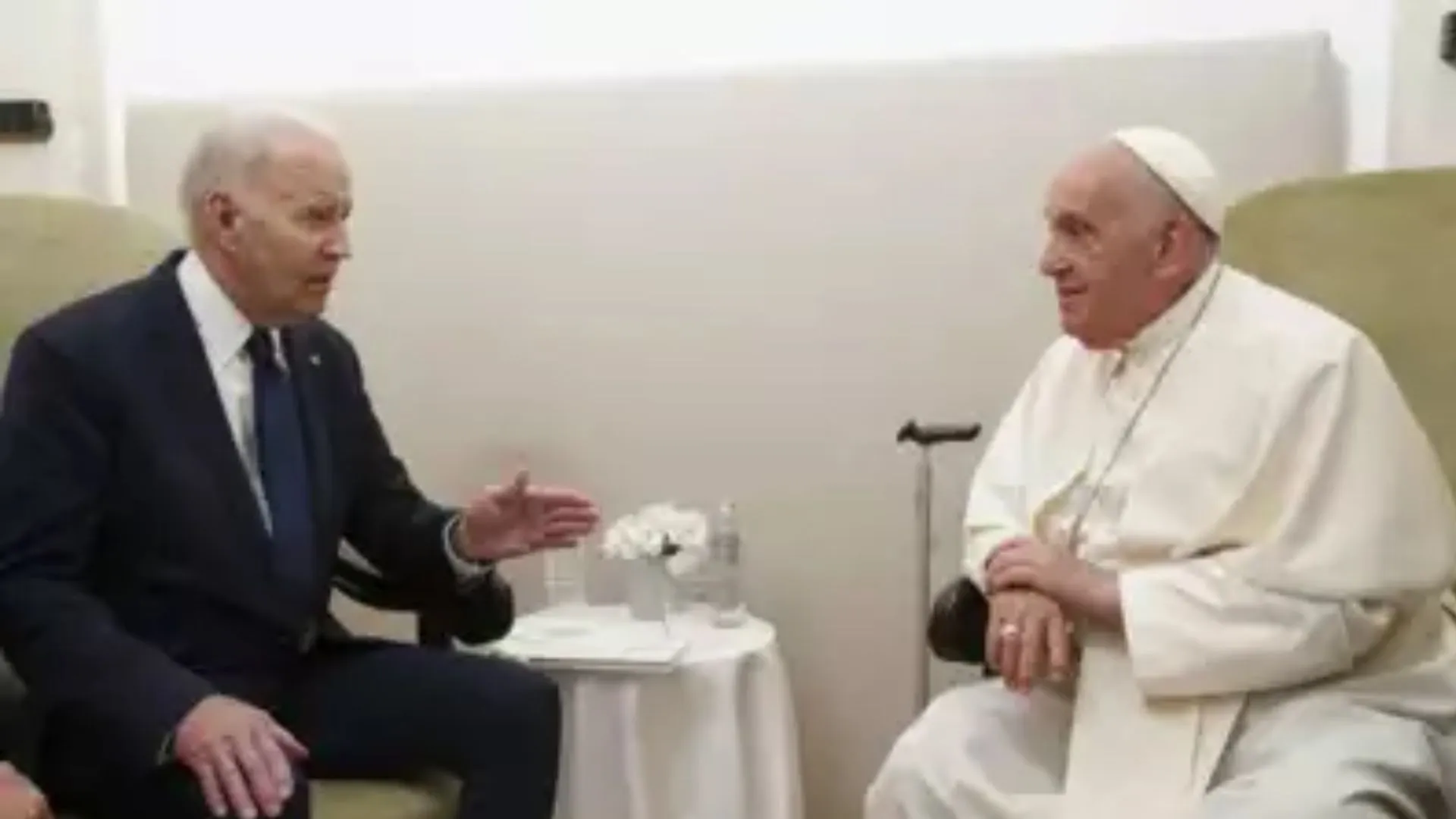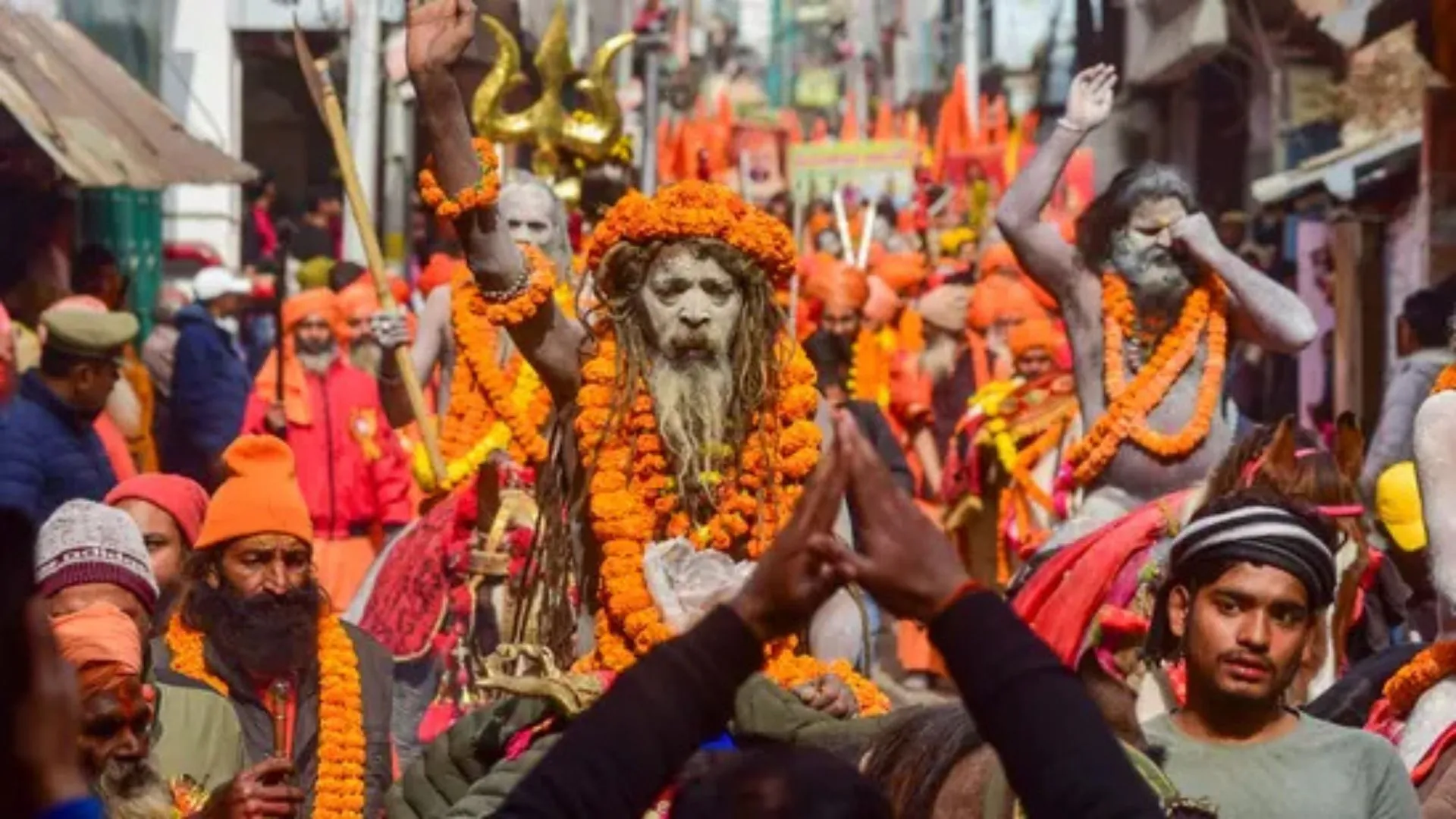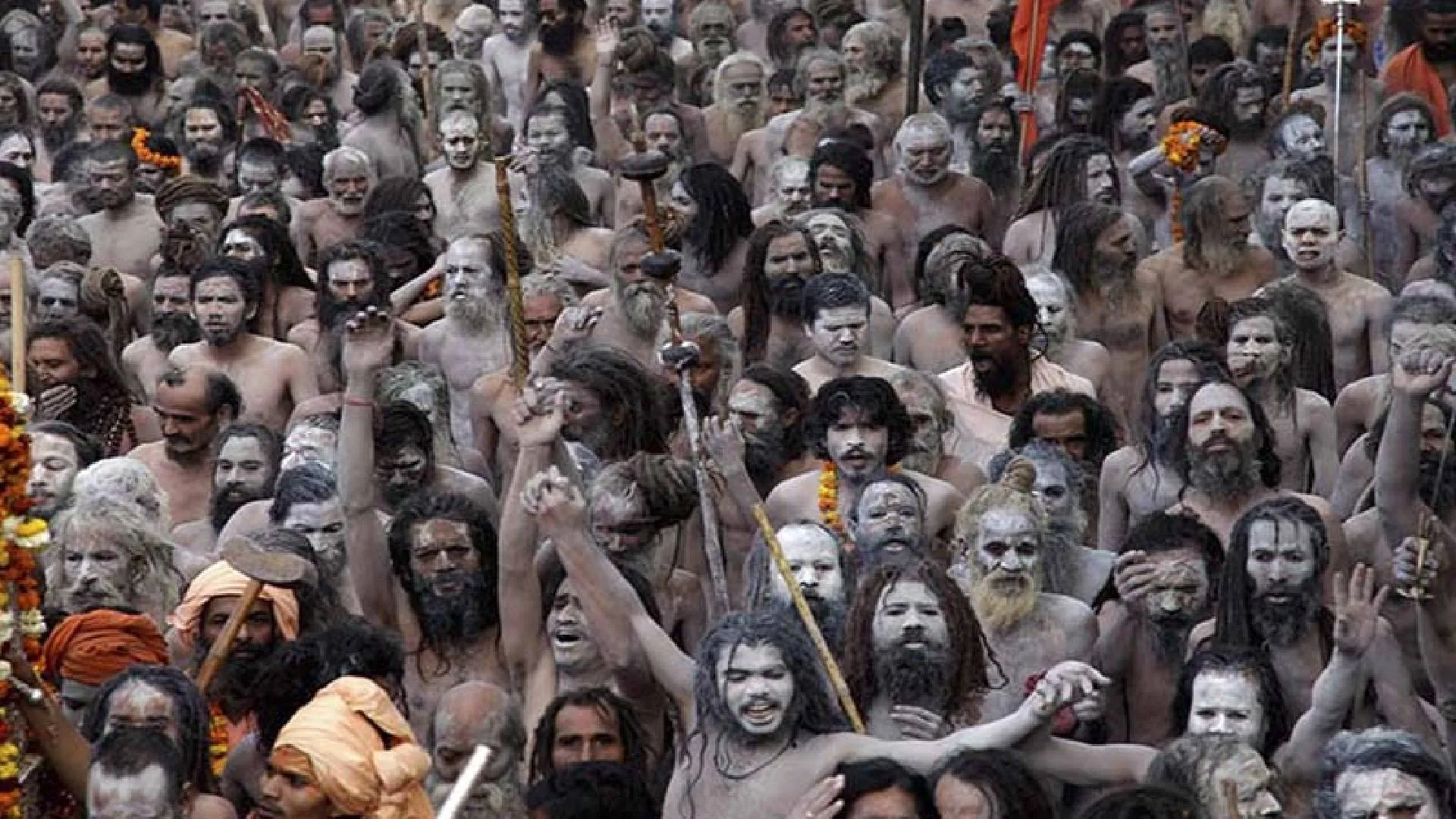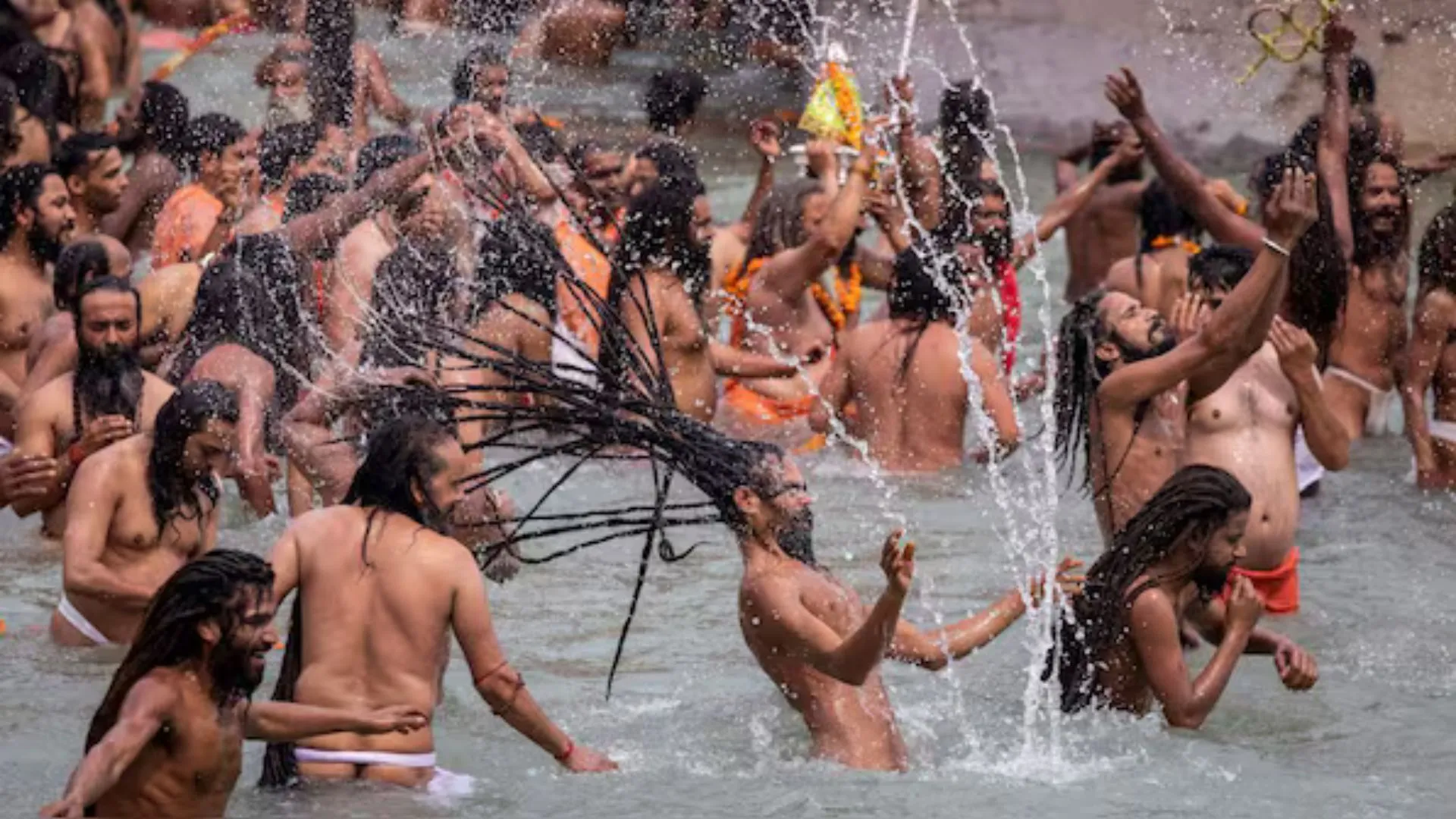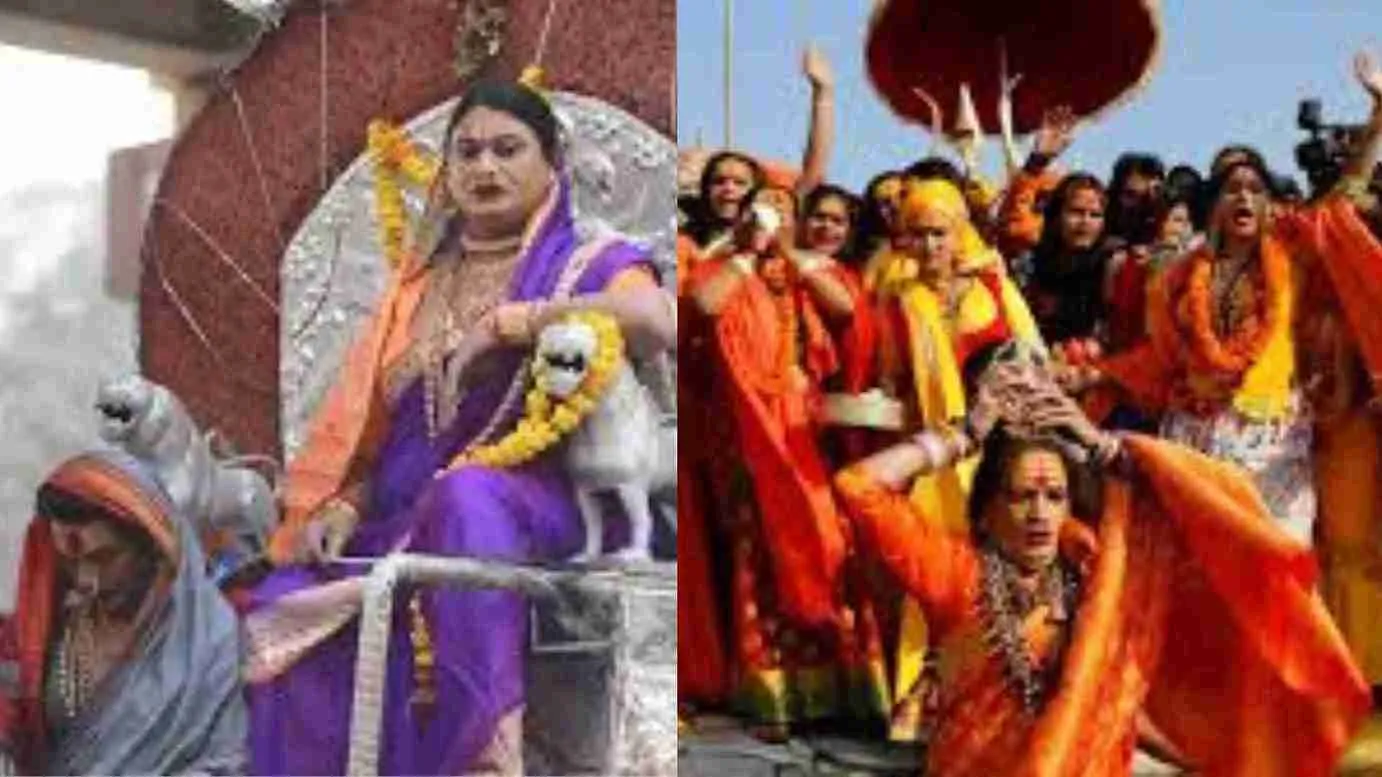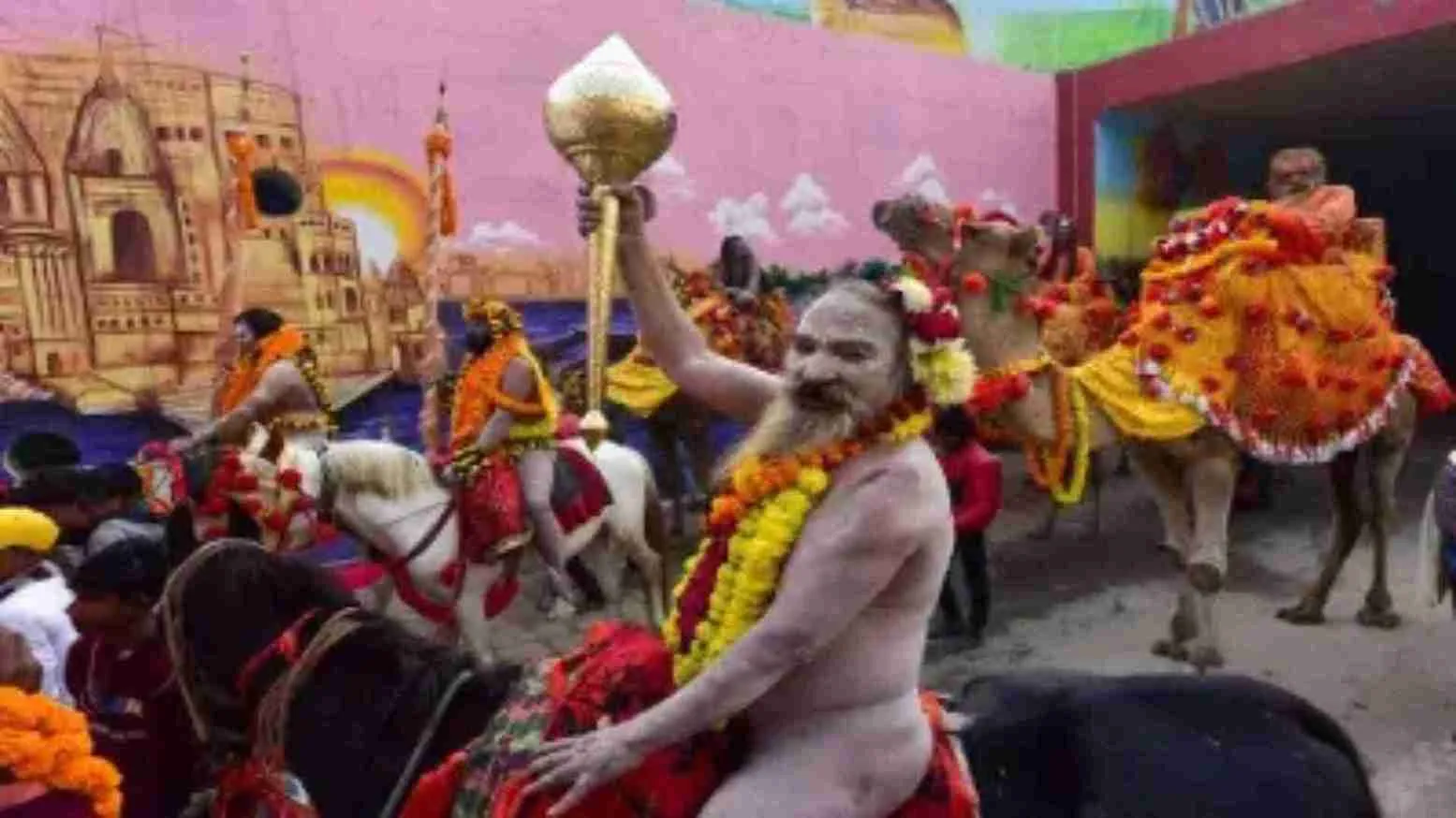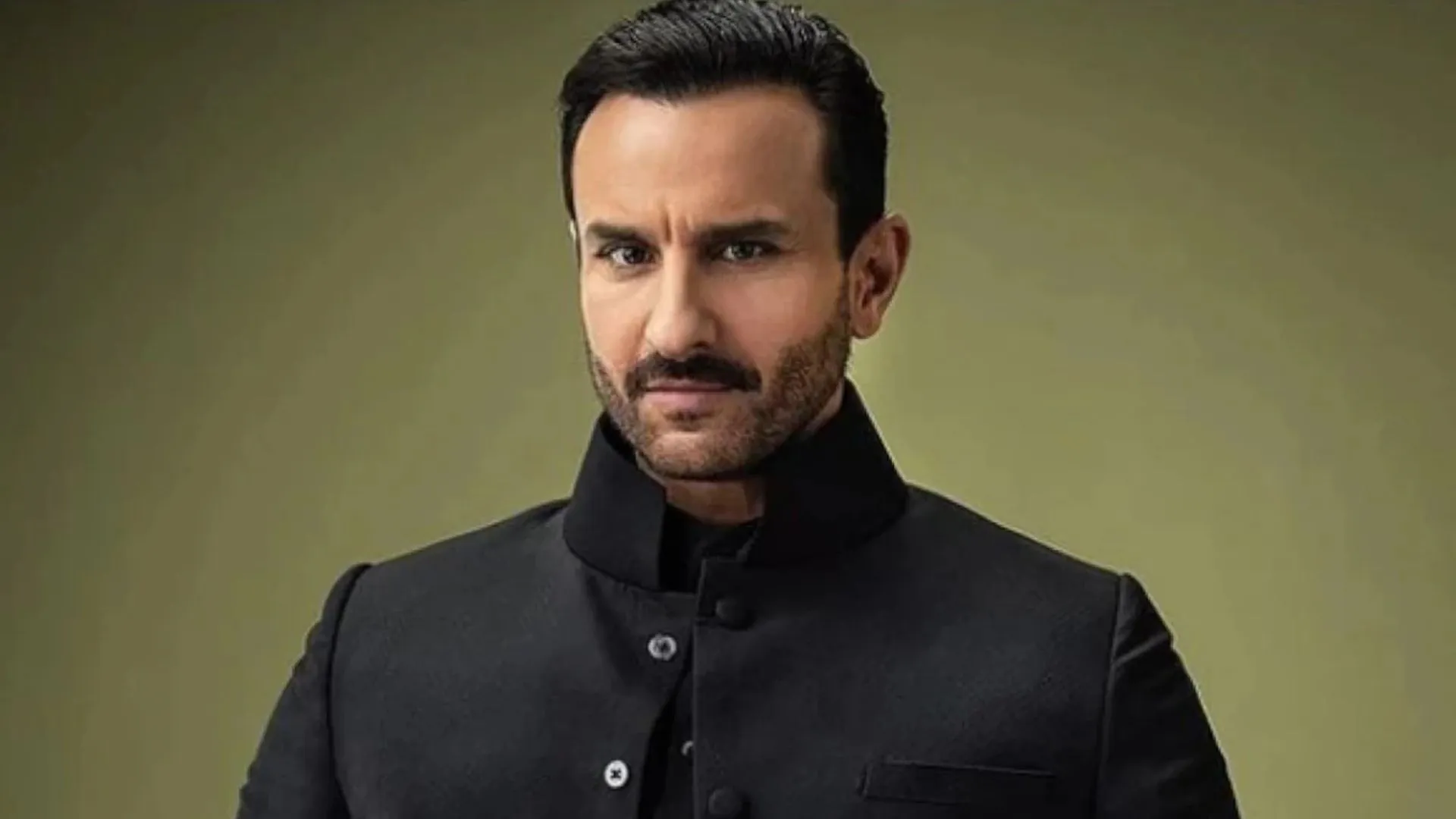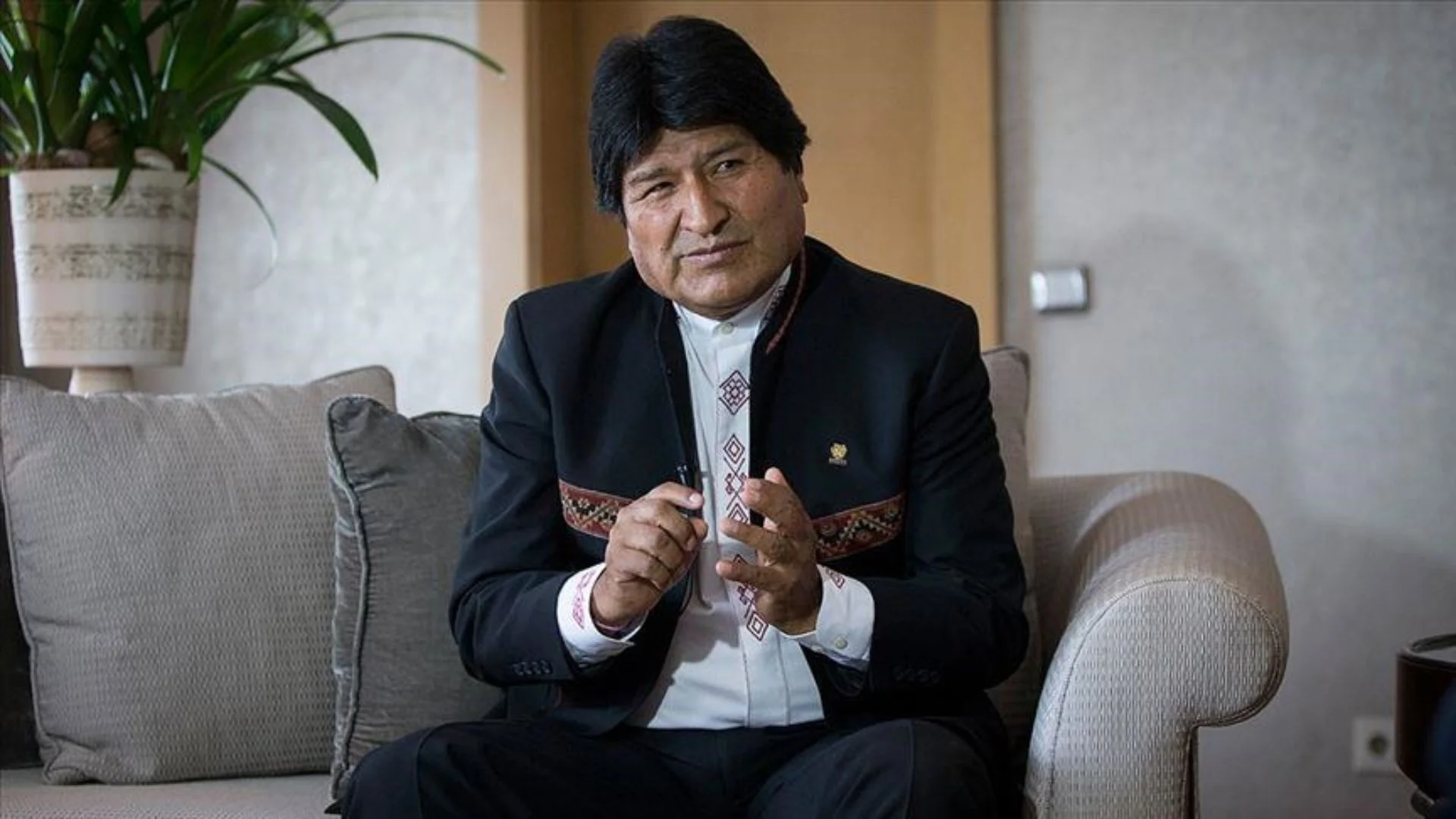Eid Milad un-Nabi, also known as Mawlid al-Nabi, is a significant Islamic celebration marking the birth of the Prophet Muhammad, who was born in Mecca in 570 CE. Observed on the 12th day of Rabi’ al-Awwal, the third month of the Islamic lunar calendar, it is a time for Muslims worldwide to honor the life and teachings of their Prophet.
The exact date of the Prophet’s birth is debated, with some Muslims celebrating on the 12th and others on the 17th of Rabi’ al-Awwal. The celebration of Mawlid began in the early years of Islam and has evolved over time. It is marked by various traditions and customs across the Muslim world.
On Eid Milad un-Nabi, Muslims gather for special prayers and recitations in mosques or community centers. They often listen to sermons recounting the life and virtues of the Prophet Muhammad, reflecting on his teachings of compassion, justice, and humility. The occasion is also marked by the recitation of poetry and hymns praising the Prophet.
Charity plays a central role in the celebrations, with many Muslims using the occasion to give to those in need, embodying the Prophet’s emphasis on generosity and social justice. Homes and mosques are decorated with lights and banners, and special meals and sweets are shared among family and friends.
While Mawlid is a joyous occasion for many, it is also subject to differing views within the Muslim community. Some conservative groups argue against the observance, viewing it as an innovation not practiced by the early Muslims. Despite these differences, Eid Milad un-Nabi remains a cherished time for reflection, community, and celebration of the Prophet Muhammad’s enduring legacy.


